By Sufuyan Ojeifo
In 2015, no room was created to interrogate the conduct of the presidential election in which an incumbent president kissed the dust. Both the process and outcome escaped obligatory queries and essential indictments. Had the process and outcome been subjected to painstaking reviews, especially at the court, perhaps, the political and governance arrangements would have been different from what they are today.
But through his historic phone call to the opposition candidate, Muhammadu Buhari of the All Progressives Congress (APC), to concede defeat even before the announcement of the presidential poll results by the Independent National Electoral Commission (INEC), former President Goodluck Jonathan and candidate of the Peoples Democratic Party (PDP) had responsively and responsibly narrowed the options by foisting a fait accompli on his party leaders and members.
By congratulating Buhari on his victory at the poll, what Jonathan did was to appropriate the powers to unilaterally reach a crucial political decision of foreclosing the ventilation of his angst through an election petition. The circumstantial pressures under which Jonathan operated as president might have informed his sagacious decision to pull the unprecedented political surprise.
Having suffered a historic betrayal that had culminated in his defeat in spite of his incumbency power, his action had since turned out to be ennobling. And, to envisage that the humiliation had become writ-large in the demystification of the most powerful presidency on the African continent was enough to encourage a redemptive action.
Certainly, Jonathan’s gratuitous gesture was not only self-redeeming, but also image-boosting for Nigeria. It provided a new pedestal on which our nation and political leadership began to enjoy global consideration and rave reviews. Nigeria, understandably, became a positive reference point in the chancy matter of presidential power transfers on the continent.
In projecting his individuality as one who was not power-drunk, it is now very clear that the action had nothing to do with the much-needed cultural rebirth or attitudinal change at the centre of politicking. Rather, it was a case of a rare personality defining his eon in the quirky context of the nation’s cloak-and-dagger politics.
Jonathan saw the moment and seized it. Today, while he relishes the local plaudits and global adulation, there is a systemic contradiction and rupture of a neo-political culture that is largely rooted in the providence of one man but which is fleetingly romanticized and referenced by pretenders through mere verbal exhortations.
Honestly, how many political leaders can replicate Jonathan’s selflessness? Just who can take up the gauntlet to seamlessly abdicate power? With all the influence, connections and recognition that power brings, it is always difficult to step down from it. Jonathan hurriedly did and saved himself and Nigerians the pains and odium of entanglement at a crossroads.
I can therefore understand the reason there have been calls from some quarters, urging the candidate of the opposition PDP, in the February 23 presidential election, Alhaji Atiku Abubakar, to congratulate the winner and incumbent President Buhari. But the two scenarios are evidently dissimilar. In the same vein, the characters and their vital motivations are different from the Jonathan exemplar.
Significantly, there was absence of absolute good faith in the processes that presaged the 2019 election, which mischief the National Peace Committee headed by General Abdulsalami Abubakar had tried to cure with the instrumentality of its Memorandum of Understanding (MoU) that underpinned the celebrated peace accord and commitment by the candidates to accept the outcome of the poll as it happened in 2015.
On different occasions, when the question was posed, while Buhari did not indicate that he would accept defeat, deflecting the question and insisting that he enjoyed countrywide support, Atiku had said that he would accept the outcome with a caveat or proviso that the process must be free and fair.
The election had been held. Buhari is the president-elect. Questions have been raised about the freeness, fairness and credibility of the election. The authenticity of the presidential mandate is being discounted. But as much as I see Buhari as a man of immense financial integrity, I am disconsolate that the legitimacy of his mandate is being related with in terms of degrees of credibility. Whereas, in 2015, partisans and non-partisans celebrated his pan-Nigeria mandate, which integrity Jonathan helped to bolster by his acceptance of defeat, the outlook presently appears different.
Atiku has refused to call to congratulate Buhari. He has served notice of his intention to challenge the outcome of the poll in court. The rite of passage by which the victory should have been conclusively appropriated has become dilatory and will remain so unless men of goodwill quickly and productively intervene to compel Atiku to rethink his avowed plan. Buhari’s assurances to run an inclusive government and his charge to his party men and women not to gloat or deride the opposition in celebration of his victory are good grounds on which to encourage political accommodation in the national interest.
The ball is in the court of Buhari and Atiku to pursue the path of political rapprochement. But then both are custodians of the people’s mandate-one confirmed while the other is allegedly stolen. In 2015, through the sagacity of one man who shunned the path of dissonance even when his party men and women wanted him to do otherwise, the nation was saved from tension.
Now, there seem to be pent-up anger and anxiety, especially in Southern Nigeria, which is Atiku’s stronghold. The people are angry at the way the electoral process transmogrified into a bloody battle, especially in Rivers, Bayelsa and Lagos States. Atiku would be justified to listen to his followers whose votes in Rivers, Akwa Ibom, Lagos, Anambra and Delta States were allegedly marked down. But then, the national interest is more important than the interest of his supporters.
This is Atiku’s defining moment. Certainly, the entire country is at a crossroads. The truth is that we are all in a quandary as to what future lies ahead in terms of keeping fidelity with a promise of free, fair and credible elections by future governments. A situation in which a sitting government uses foul means to secure victory, knowing full well that Nigerians would always appeal to the opposition candidates to accept defeat in the national interest, looms. That will upend the utilitarian value of the Jonathan exemplar wherein oppositions can no longer unseat incumbent presidents.
Significantly, beyond the magnitude of Jonathan’s character of selflessness is the screaming dearth of political leaders with that similitude. There is also the yearning gap in the building of strong institutions that will strengthen the integrity of the process and rein in disparate and desperate political leaders as well as incumbent executive heads who try to deploy the institutions in the realisation of parochial, partisan agenda.
Therefore, while it may seem patently unfair to either force Atiku to go to court or mollycoddle him not to, it is agreeable that going to court is a much better option than causing mayhem and making the country ungovernable. Legal challenge is the right of Atiku to undertake. It reinforces our constitutional democracy and, therefore, does not detract from the footing and traction of the Buhari administration in pursuit of good governance.
With an avalanche of national and international congratulatory and goodwill messages from which to harvest and deploy in boosting its momentum and morale, the Buhari administration could borrow a leaf from the administration of the late President Umaru Yar’Adua, which in response to the 2007 massively-rigged presidential poll that produced it, pursued a comprehensive electoral reform.
While the nation awaits the crystallization of the decisive and final direction to go by Atiku and his PDP, I join the growing list of well-wishers to congratulate the president-elect and urge him, in the intervening period, to ignite the turbo-charged engine of his government and hit the road, not just running, but speeding to the next level in the making of a better Nigeria. Reasonable expectation!
· Ojeifo, an Abuja-based journalist, sent this piece via ojwonderngr@yahoo.com



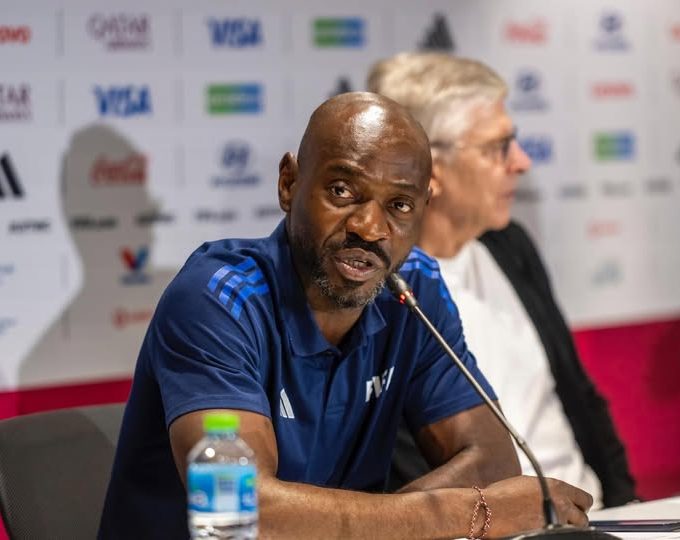
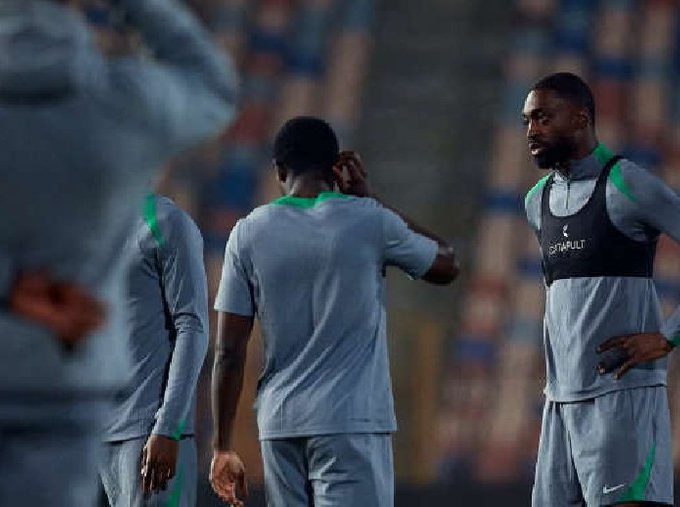


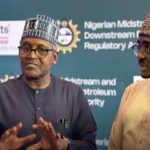


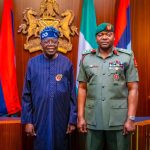
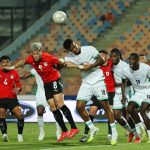
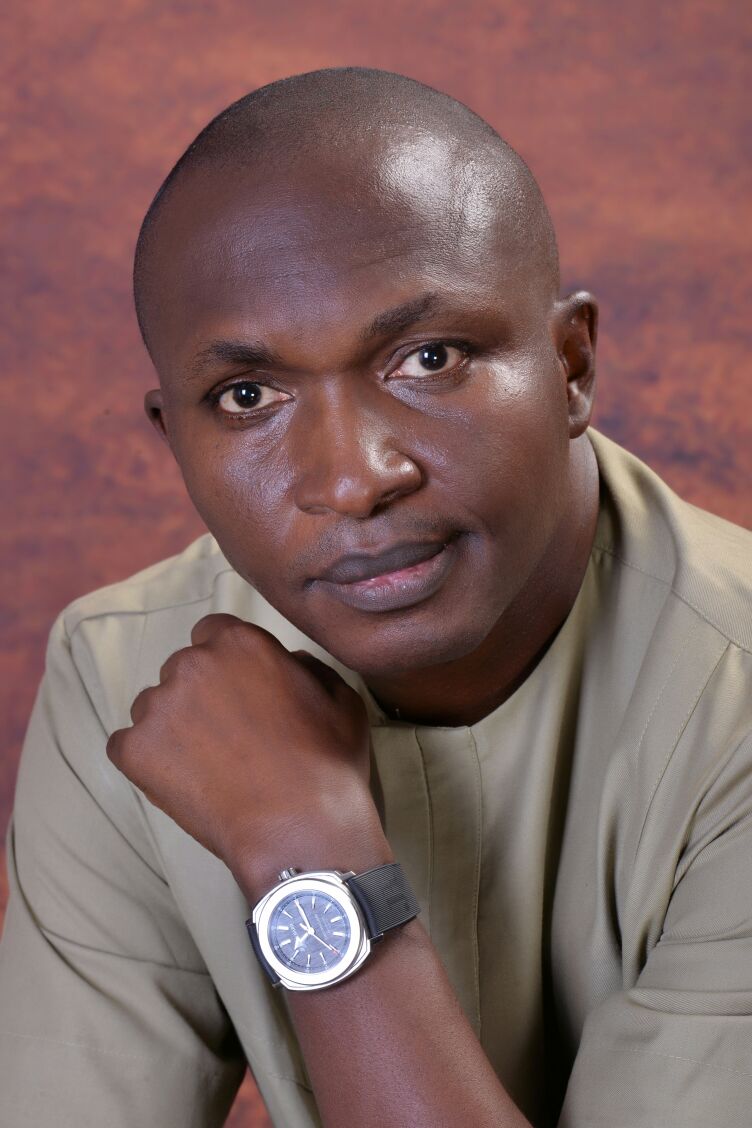

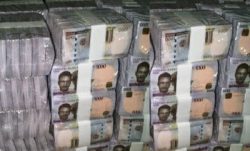



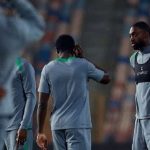
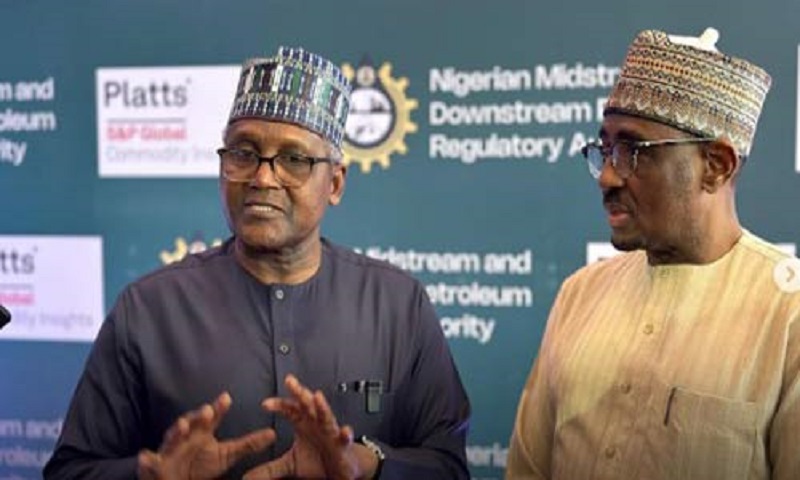
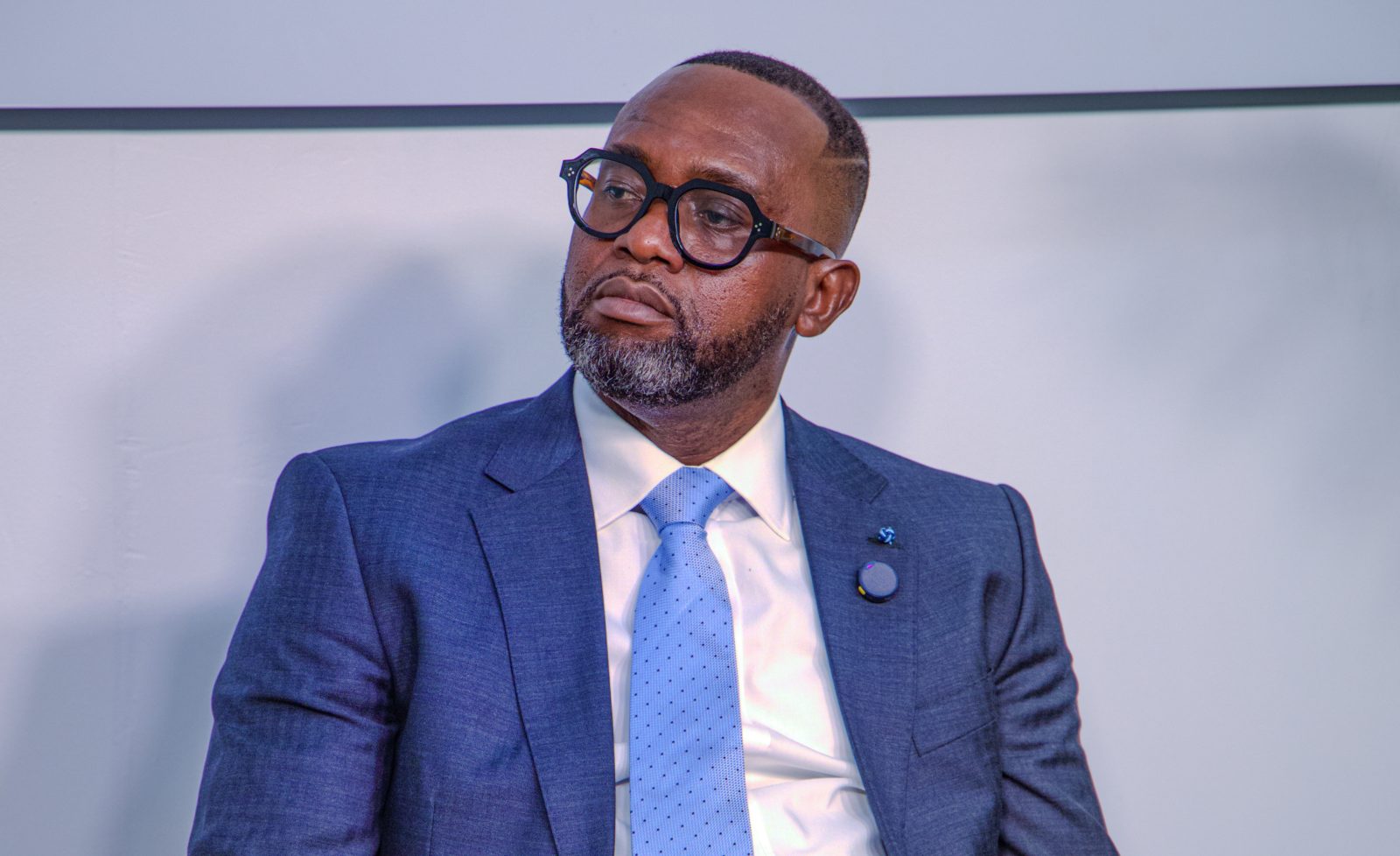
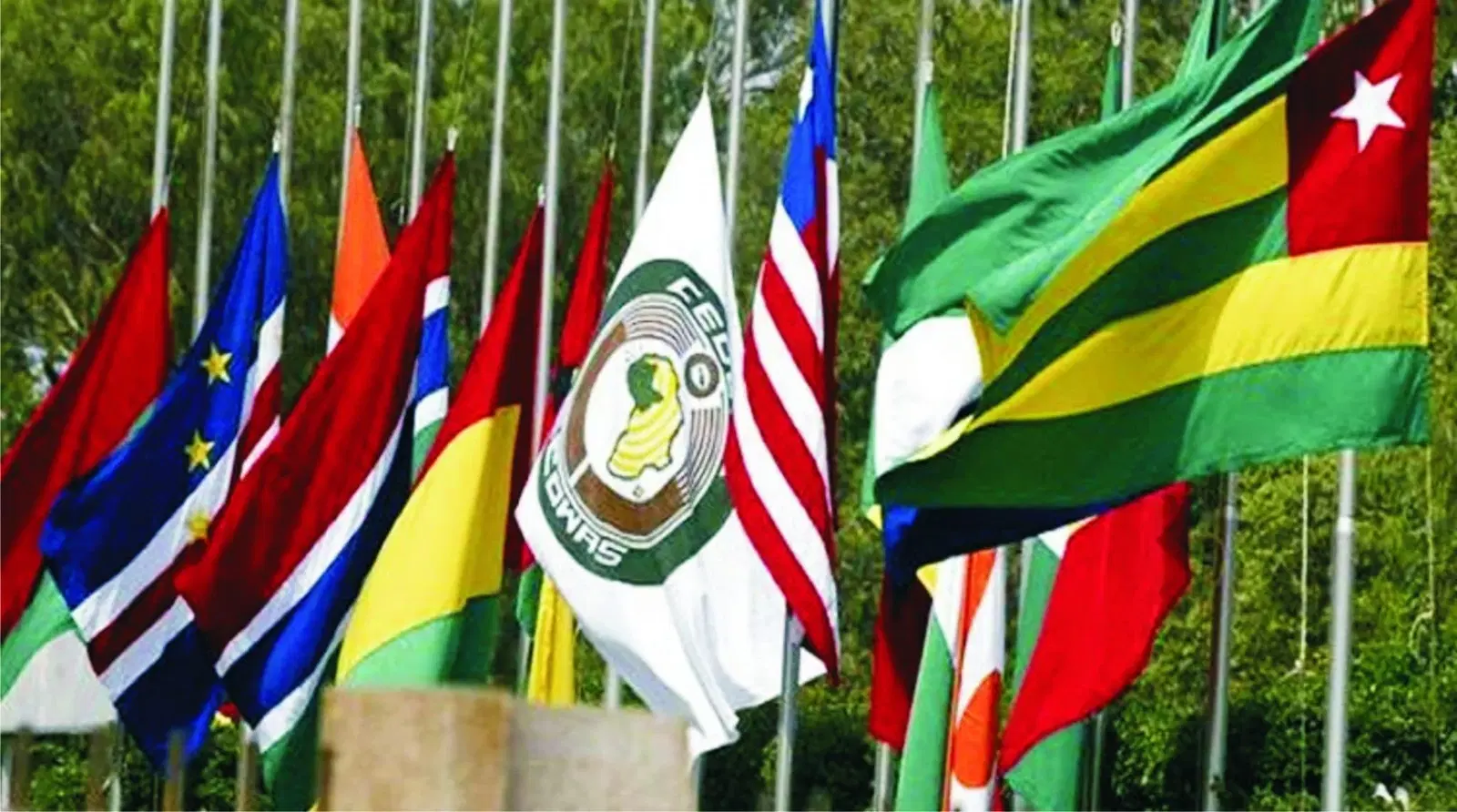
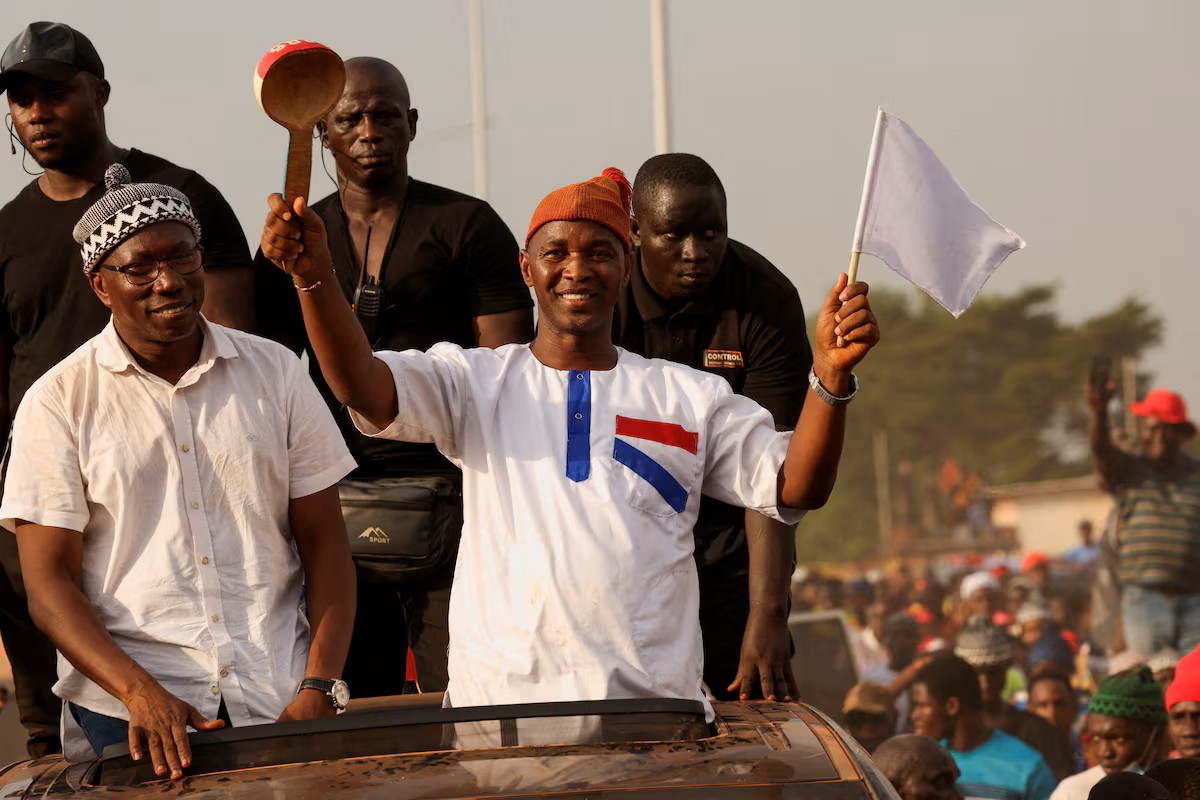
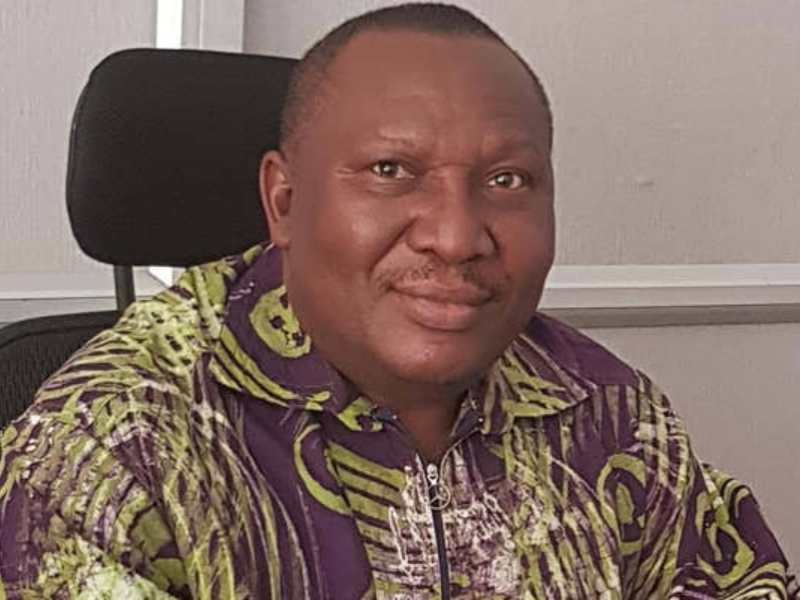


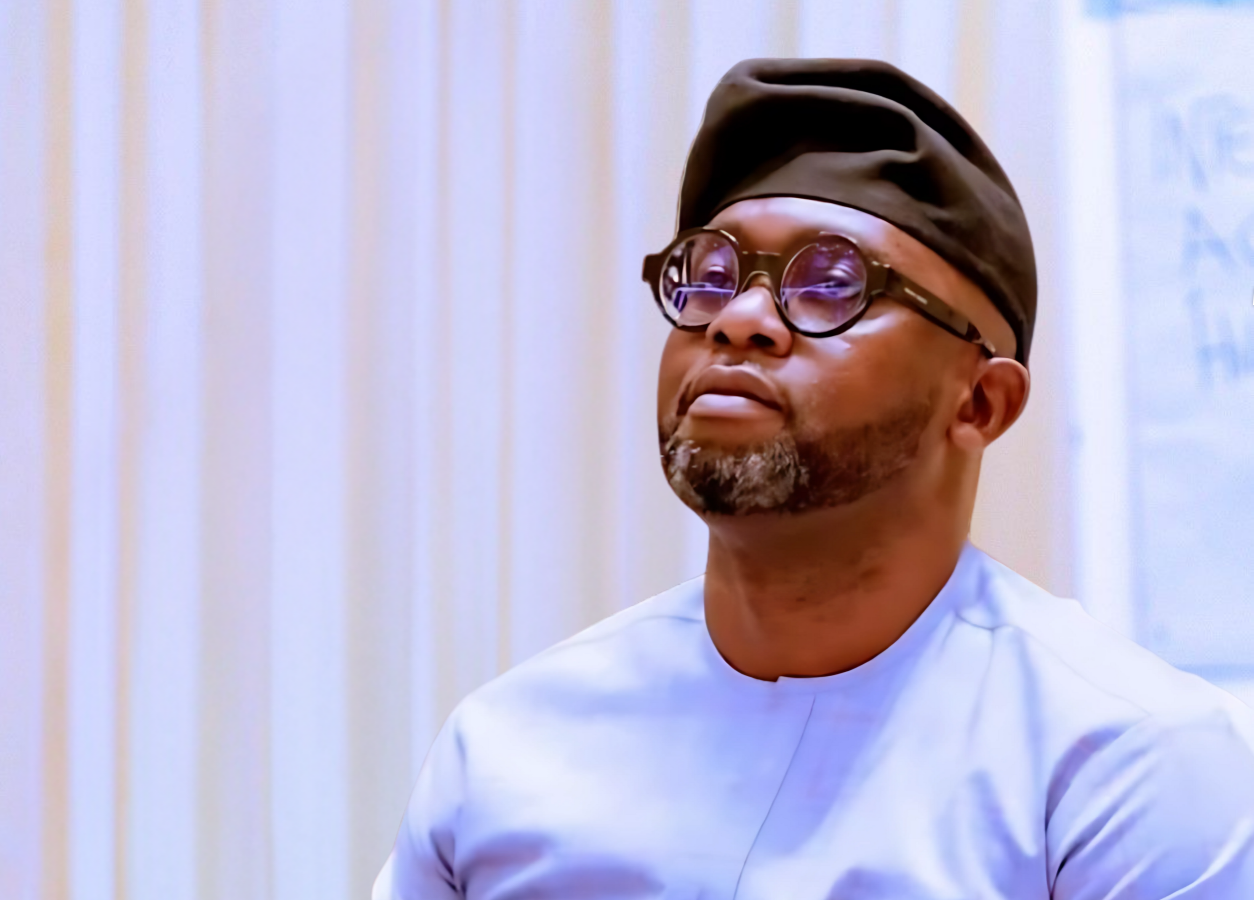
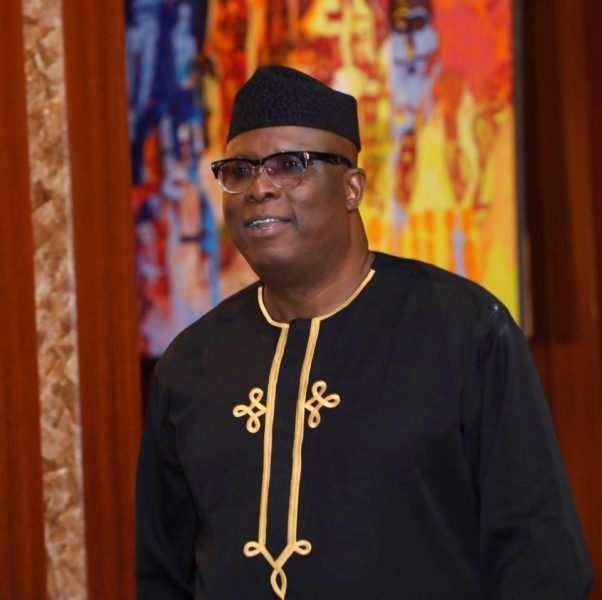

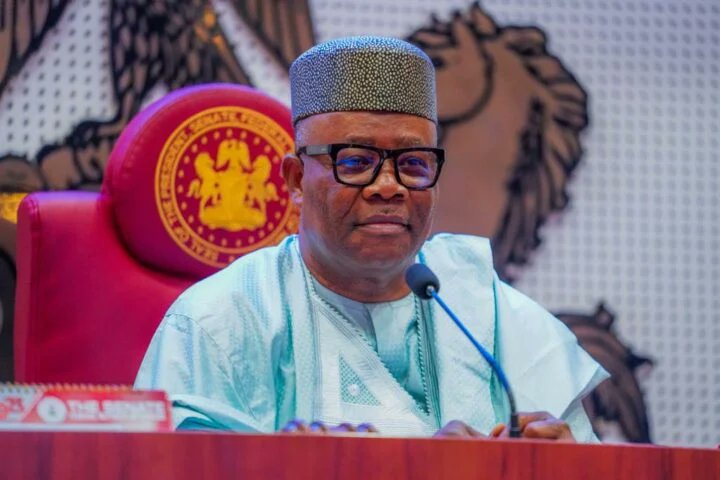



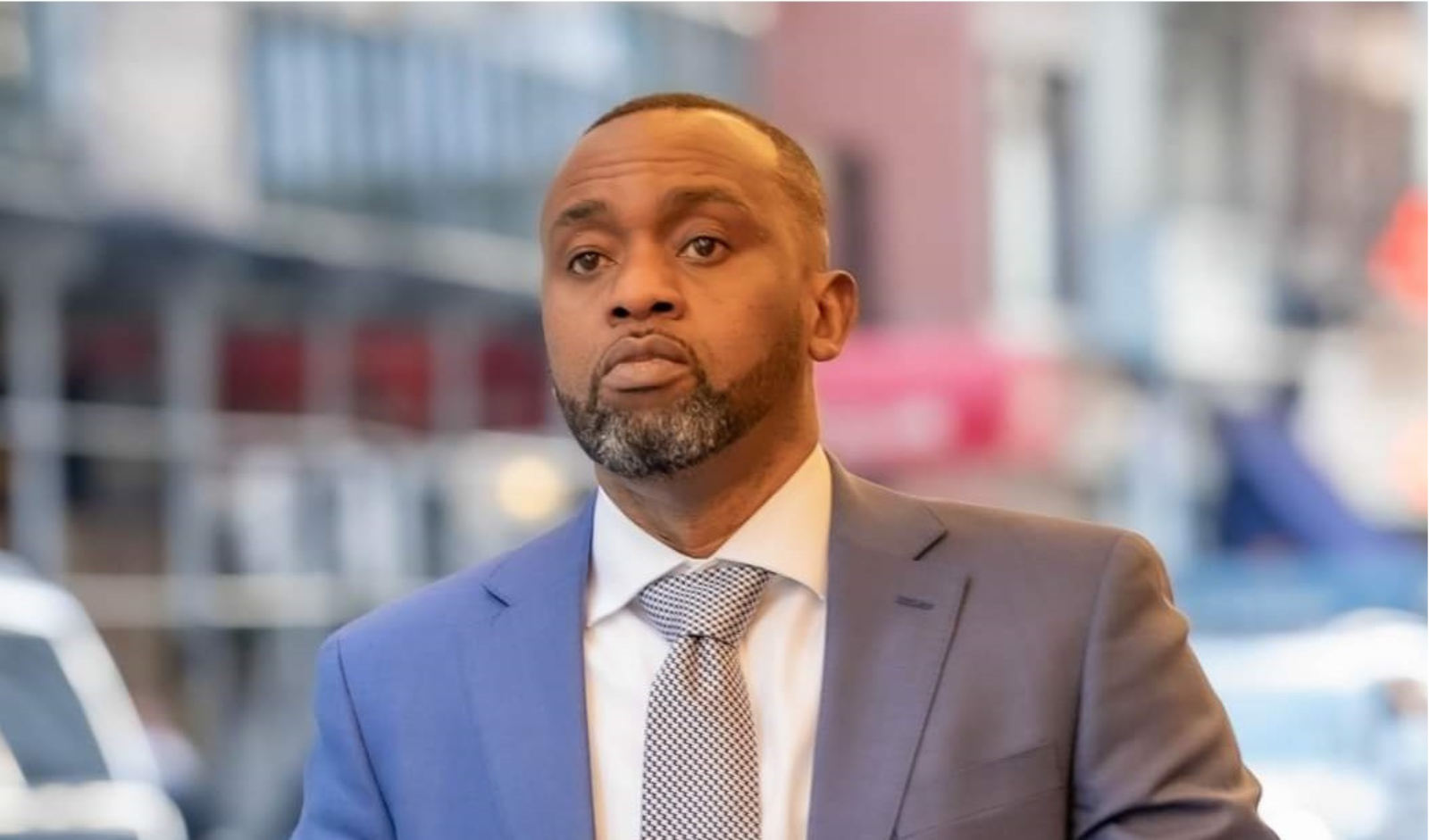


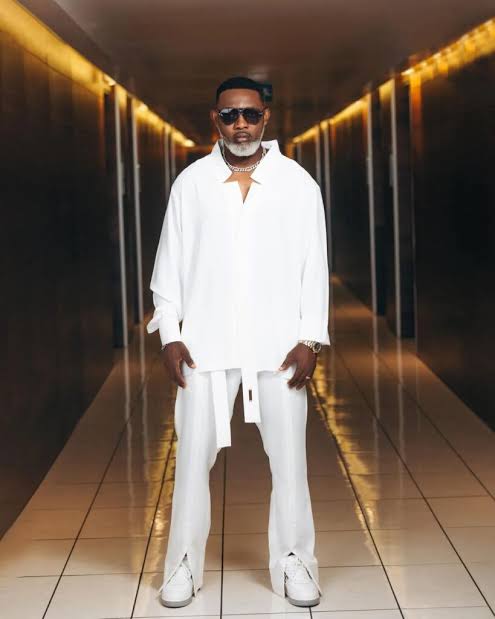
Leave a comment